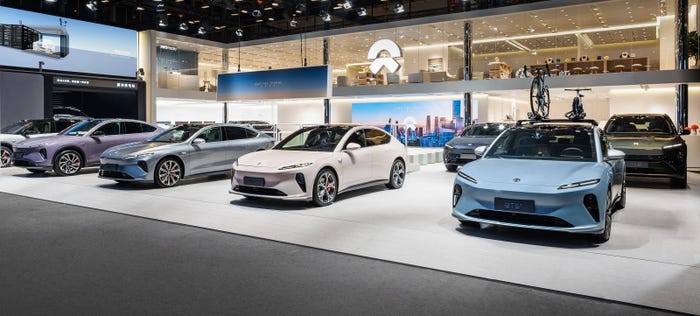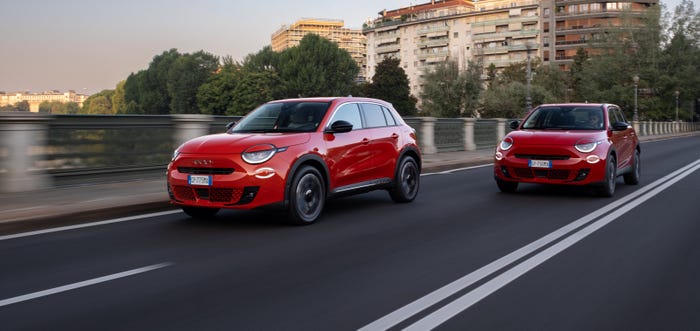Lenders Work to Stay in Auto Loan Market
Dealers face fewer loan approvals, higher interest rates, but the moves keep banks solvent.

Auto lender Ally Financial and some of its competitors continue to raise rates for auto borrowers, move upscale in terms of credit risk, dial back auto loans for all but the highest credit scores and reduce used-vehicle loans.
That’s caused many auto dealers to enlist credit unions and other lenders to accommodate borrowers with imperfect credit. But the moves are necessary, say lenders, to minimize risk.
Auto loan delinquencies are up, since the Federal Reserve started raising rates, and since sticker prices and monthly payments are way up. Some banks, especially regional ones, have minimized risk by cutting back or forgoing auto loans.
“We increased pricing at the same time we’ve been tightening credit,” Ally Chief Financial Officer Russ Hutchinson says in a recent conference call announcing the company’s third-quarter earnings.
Those moves have allowed Ally and other banks with national footprints to remain in auto lending.
Some players failed this year, including Silicon Valley Bank and Signature Bank. Economists say those failures are due to the Federal Reserve’s rapid interest rate hikes. The Fed has raised those rates to tame inflation, but the result is a corresponding increase in the yield on debt. That sinks the market value of loans made by banks.
With less competition and less pressure to chase market share, the heavyweight banks can raise auto-loan rates and capture higher margins. That makes getting an auto loan more challenging for consumers, but the move keeps lenders solvent and in the auto finance arena.
Another primary auto lender, J.P. Morgan Chase, says it has accomplished a bit of both, tightening credit by raising rates and gaining share simultaneously.
Chase Chief Financial Officer Jeremy Barnum says the bank’s auto originations totaled $10.2 billion in the third quarter, up 36% vs. a year ago. “We saw competitors pull back, and we gained market share,” he says in a recent earnings call..
In September, Canada’s BMO and its American unit, BMO Harris Bank, were among the latest banks to drop indirect auto lending. That took effect Sept. 15, although the banks still offer direct-to-consumer auto loans and commercial lending to dealers.
Cox Automotive estimates the average new-vehicle auto loan rate was 9.61% in September, vs. 7.13% a year ago. Since January 2022, the monthly payment on a typical 72-month loan for $40,000 is up $57 per month, says Cox Senior Economist Charlie Chesbrough.
Meanwhile, Ally says its 22,000 dealer customers sent in a record 3.7 million auto consumer credit applications in the third quarter, with a 30% approval rate. It processed 3.1 million applications a year ago, with a 36% approval rate.
As noted, Ally is among the banks that can afford to be picky. Such caution reduces risk for Ally, but it also serves to minimize originations. Ally says it originated $10.6 billion in U.S. consumer auto loans and leases in the third quarter, down about 13.8% vs. a year ago.
For the quarter, Ally's net income attributable to common shareholders was $269 million, down about 1% vs. a year ago.
About the Author(s)
You May Also Like





